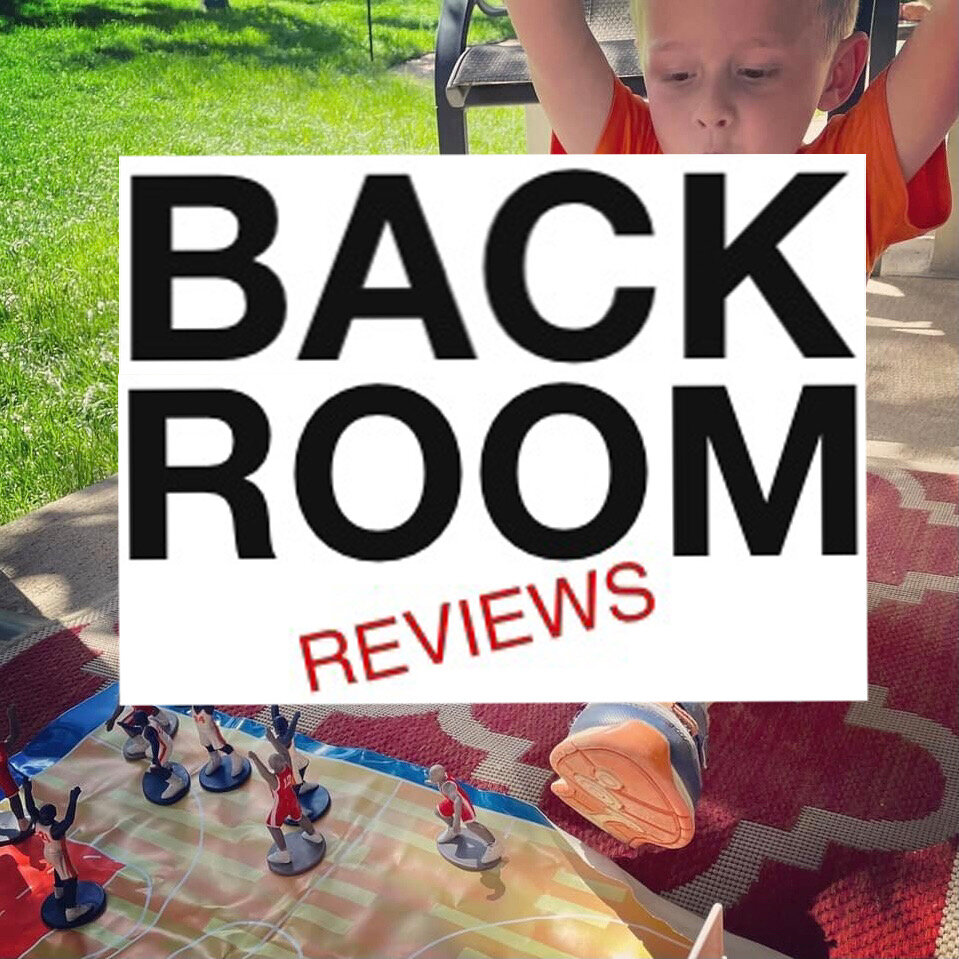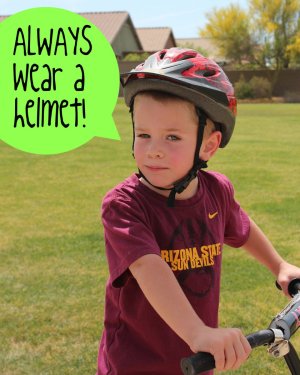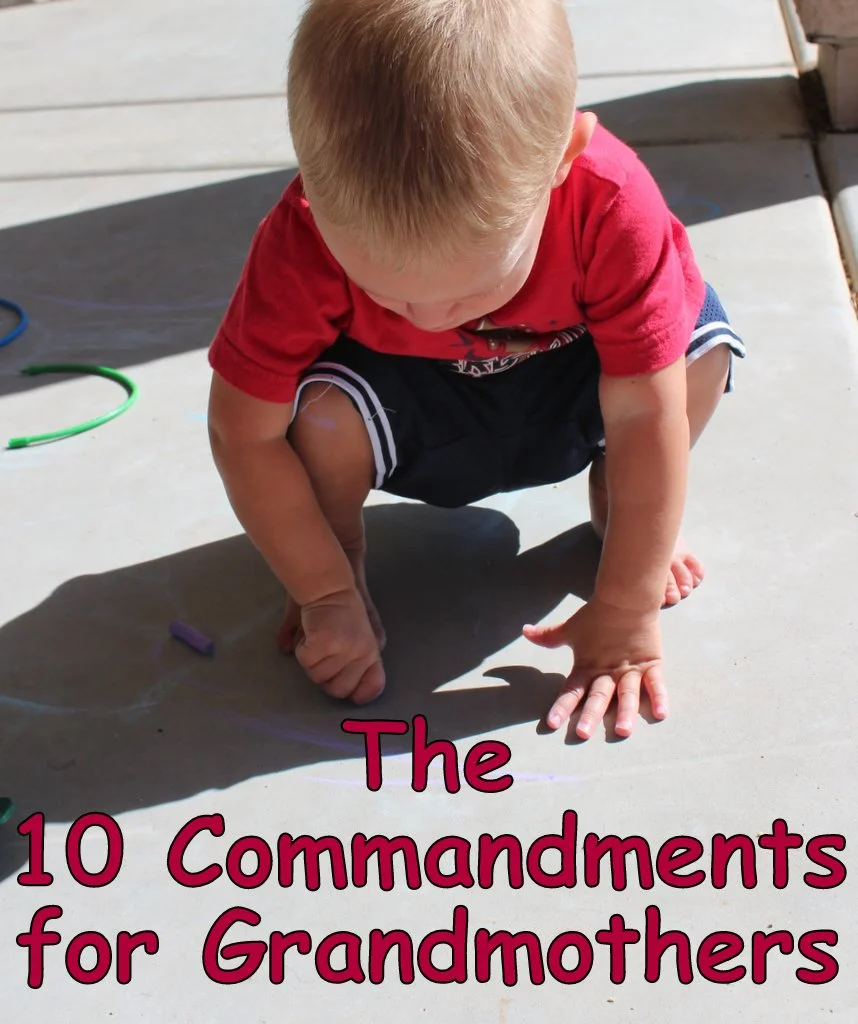Kids, cars and heatstroke prevention
/My grandsons live in the desert. Deserts being what they are, it's hot there. So hot, in fact, Bubby and Mac — and everyone else in their area — are often warned during the summer to stay indoors because venturing outside can be downright dangerous to their health. Fatal even.
So the boys stay and play in the house on such days. Except when attending swimming lessons or play dates at the local water park, which make the temps semi bearable. Staying in the water was pretty much the only way I, a mountain dweller, survived outdoor fun when visiting my grandsons a few weeks ago.

Because of how horrendously hot it is in the desert, I've been concerned since Bubby's birth more than five years ago about the possibility one of my sweet grandsons might suffer heatstroke by being in a hot vehicle too long. I have no doubt those who care for Bubby and Mac, especially my daughter and son-in-law, are incredible, loving, conscientious people who would never, ever intentionally leave one of the boys in the car, let alone long enough to suffer any ill effects.
I know that with all my heart.
Yet, it's still a possibility because such things happen — unfortunately and so very unintentionally — all the time.
Yesterday was National Heatstroke Prevention Day, which focuses on preventing children dying in hot vehicles. The National Highway Traffic Safety Administration and Safe Kids Worldwide joined together to raise awareness about the issue, which has taken the lives of more than 24 kids in the United States so far just this year.
I'm a day late in sharing this information with you, at least in terms of coinciding with the national campaign, but it's never too late to be more aware of the issue. So, though it's hard on the heart to see and hear, please watch and consider the following video. Then do share it with those who care for your beloved little ones. Because heatstroke deaths in children don't happen just in the desert, and they certainly don't happen just to the children of "bad" parents.
Today's question:
What is the highest temps have gotten at your place so far this summer?



































